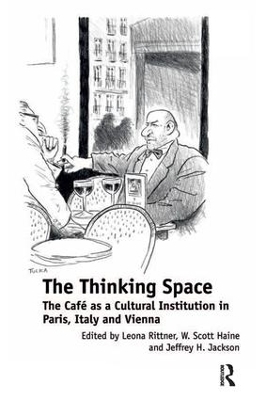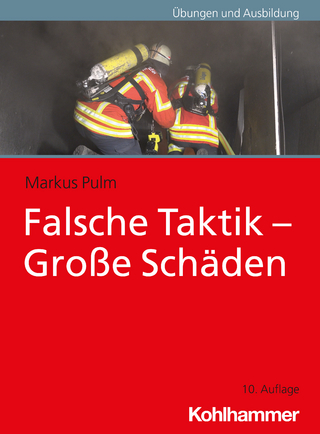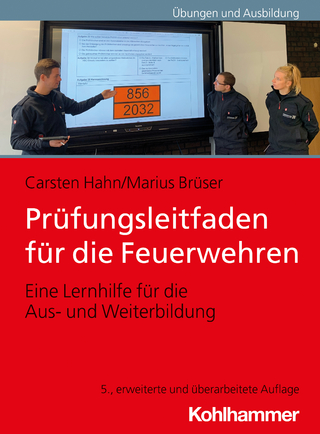
The Thinking Space
Routledge (Verlag)
978-1-4094-3879-3 (ISBN)
The cafe is not only a place to enjoy a cup of coffee, it is also a space - distinct from its urban environment - in which to reflect and take part in intellectual debate. Since the eighteenth century in Europe, intellectuals and artists have gathered in cafes to exchange ideas, inspirations and information that has driven the cultural agenda for Europe and the world. Without the café, would there have been a Karl Marx or a Jean-Paul Sartre? The café as an institutional site has been the subject of renewed interest amongst scholars in the past decade, and its role in the development of art, ideas and culture has been explored in some detail. However, few have investigated the ways in which cafés create a cultural and intellectual space which brings together multiple influences and intellectual practices and shapes the urban settings of which they are a part. This volume presents an international group of scholars who consider cafés as sites of intellectual discourse from across Europe during the long modern period. Drawing on literary theory, history, cultural studies and urban studies, the contributors explore the ways in which cafes have functioned and evolved at crucial moments in the histories of important cities and countries - notably Paris, Vienna and Italy. Choosing these sites allows readers to understand both the local particularities of each café while also seeing the larger cultural connections between these places. By revealing how the café operated as a unique cultural context within the urban setting, this volume demonstrates how space and ideas are connected. As our global society becomes more focused on creativity and mobility the intellectual cafés of past generations can also serve as inspiration for contemporary and future knowledge workers who will expand and develop this tradition of using and thinking in space.
Leona Rittner, who died in 2010, was an independent scholar based in New York and published widely on French and Italian literature; W. Scott Haine teaches at the University of Maryland University College; Jeffrey H. Jackson is Associate Professor of History at Rhodes College in Memphis, Tennessee.
Preface; Introduction, W. Scott Haine; Part I Vienna; Chapter 1 The Vienna Coffee House: History and Cultural Significance, Herbert Lederer; Chapter 2 The End of a False Summer: Aspects of Viennese Literary Culture around 1900, Egon Schwarz; Chapter 3 Jewish Modernism and Viennese Cafés, 1900–1930, Shachar Pinsker; Part II Paris; Chapter 4 Bad Places: Sedition, Everyday Speech, and Performance in the Café of Enlightenment Paris, Tabetha Ewing; Chapter 5 From the Spectator to Goldoni: Coffee-house Culture and Wishful Thinking in the Eighteenth Century, Franco Fido; Chapter 6 A Café in the High Time of Haussmannization: Baudelaire’s Confrontation with the Eyes of the Poor, Edward J. Ahearn; Chapter 7 When Objective Chance Takes over Cafés, Gérard-Georges Lemaire; Chapter 8 At the Time of Le Boeuf sur le Toit (The Ox on the Roof) Cabaret, Leona Rittner; Chapter 9 Arguing About Jazz in the Parisian Café: Jazz, Race, and Literary Communities in 1920s Paris, Jeffrey H. Jackson; Chapter 10 Jean-Paul Sartre: Cafés, Ontology, Sociability, and Revolution in Occupied Paris, 1940–1944, W. Scott Haine; Part III Italy; Chapter 11 Art at I1 Caffè Florian, Florin Berindeanu; Chapter 12 Casanova’s Coffeehouse: Sociability, Social Class, and the Well-bred Reader in Histoire de ma vie, Ted Emery; Chapter 13 The Giubbe Rosse Café in Florence: A Literary and Political Alcove from Futurism to Anti-Fascist Resistance, Ernesto Livorni; Chapter 14 The Writer’s Provincial Muse: Piero Chiara in the Coffeehouse, Stefano Giannini; Part IV Reflections; Chapter 15 Three Scenes from Italian Cafés, Fannie Peczenik;
| Erscheint lt. Verlag | 14.6.2013 |
|---|---|
| Verlagsort | London |
| Sprache | englisch |
| Maße | 156 x 234 mm |
| Gewicht | 635 g |
| Themenwelt | Sozialwissenschaften |
| ISBN-10 | 1-4094-3879-1 / 1409438791 |
| ISBN-13 | 978-1-4094-3879-3 / 9781409438793 |
| Zustand | Neuware |
| Informationen gemäß Produktsicherheitsverordnung (GPSR) | |
| Haben Sie eine Frage zum Produkt? |
aus dem Bereich


